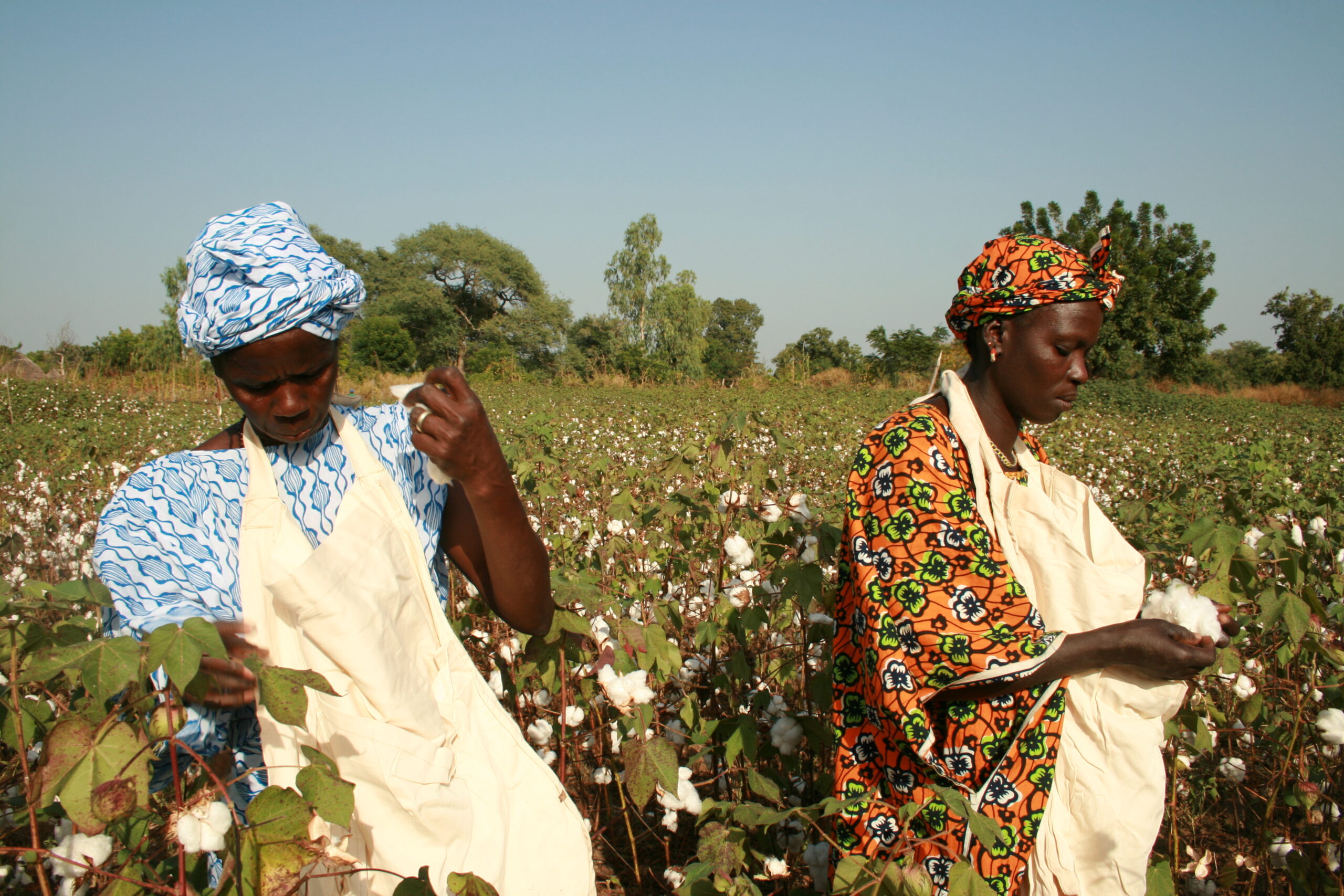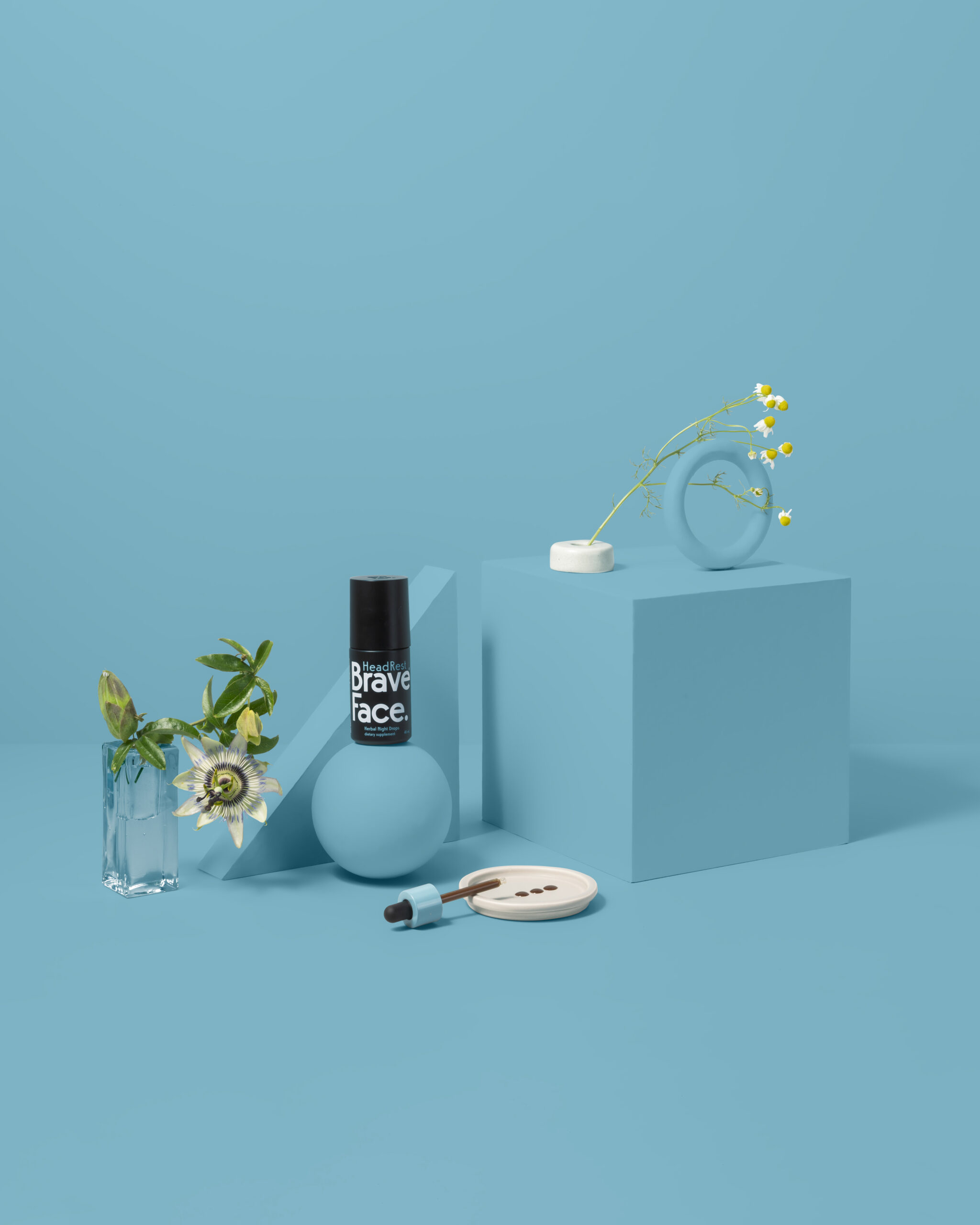Achieving Fairtrade status is not simply a box to tick to improve conditions for workers in developing countries, end child labour, pay a fair wage and secure sustainable land management. It’s a commitment to ensure farmers, their workers and their families gain access to financial independence to build a long-term, thriving future for their communities.
And for 30 years, Fairtrade and its partners have taken progressive action to close the gender gap by implementing systemic change to end discrimination, protect rights, elevate female education and influence, entrepreneurship and income autonomy.
The gender equality problem
Around 60-80 per cent of the world’s food is grown by women, yet most are excluded from the decision-making that impacts their financial autonomy and wellbeing. Less than 20 per cent of women own land in rural communities where crops are grown, and a staggering majority of female workers never see a cent they earn.
The gender gap, however, runs even deeper. Women do the same work as men – often up until giving birth – but are prohibited access to the same opportunities. Women rarely have access to land ownership, income, credit and loan facilities, training, or leadership positions that increase female representation and advance their influence. All things they want.
Women say they want to own land, be heard, elevate other women, and send their daughters to school so that in their future, they become the next generation’s cooperative directors and presidents. Yet despite wanting to participate, gender norms often prevent women from even attending meetings.
Excluding women impacts families too. When women keep their wages – and don’t have to ask their husbands for money – they are most likely to use it to pay for food and education for their children.
Fairtrade has built gender equality into its standards, making non-discrimination a requirement for partner businesses. It works with crop-growing communities to ensure women gain membership to farming cooperatives and vote in democratic processes, and provides training for women farmers to build leadership skills, grow confidence, and learn how to teach men how to include women and shift from outdated traditional gender roles.
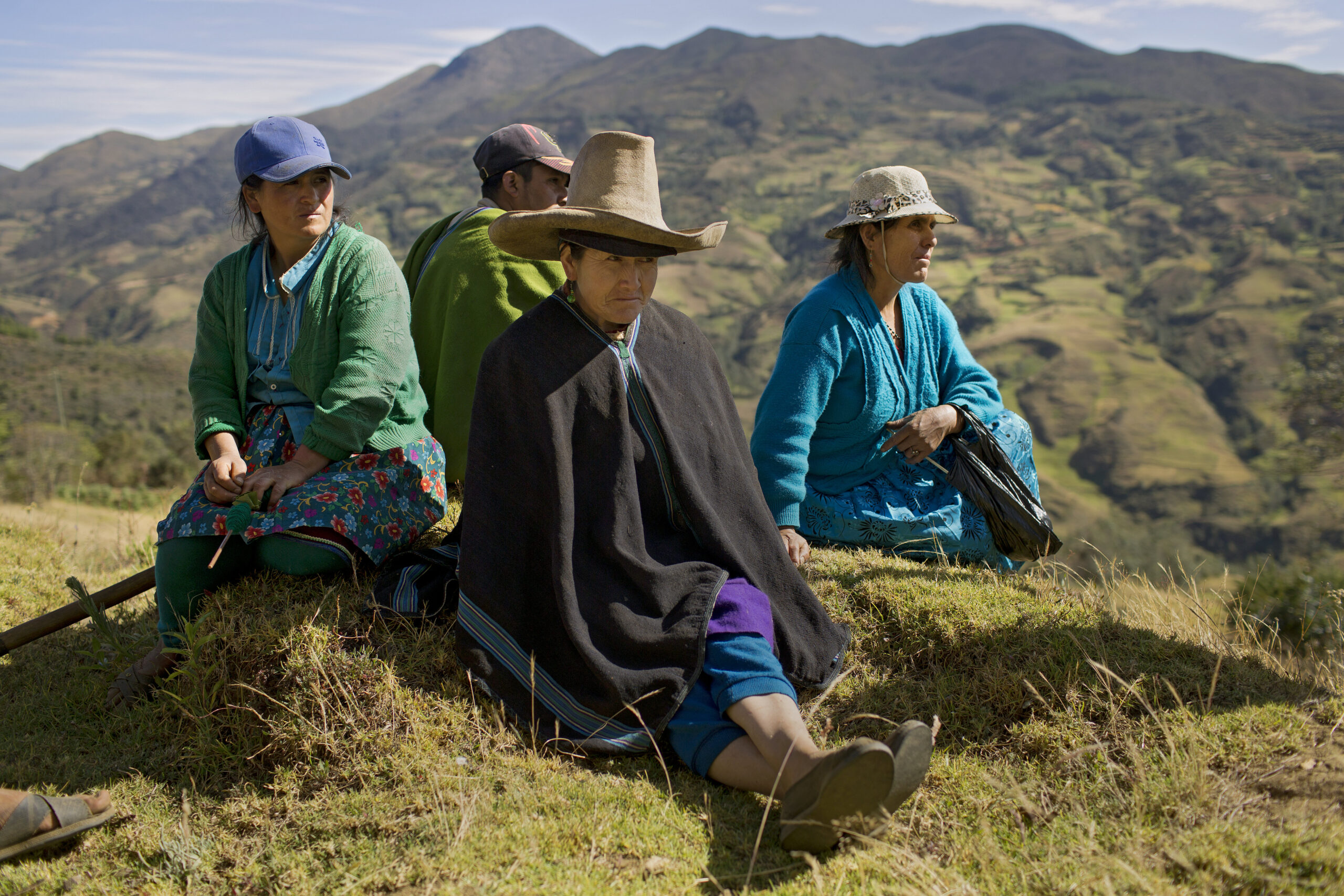
Women sit near a nursery for pine trees in Cajas, a village located near Choco in northern Peru. Making changes today for tomorrow
Fairtrade partners with companies who work in tandem with their crop growers to progress gender-equity goals to elevate communities with a determination to end this gender gap.
CEO of Fairtrade Australia and New Zealand Molly Harriss Olson says Fairtrade proudly partners with Kiwi companies Karma Drinks and Kōkako Organic Coffee Roasters, both beloved brands offering quality products.
“Kōkako’s project in Papua New Guinea is helping break gender stereotypes in Fairtrade coffee farming communities in the Pacific, building a new model that enables women to become entrepreneurs and leaders,” she says.
“Karma Drinks has invested in gender equality projects in Sierra Leone that empower women and girls who often do not get the same opportunities for education as their male counterparts.”
She adds that the success of these operations “has shown that ethical business is good business and paves the way for other New Zealand businesses to do the same”.
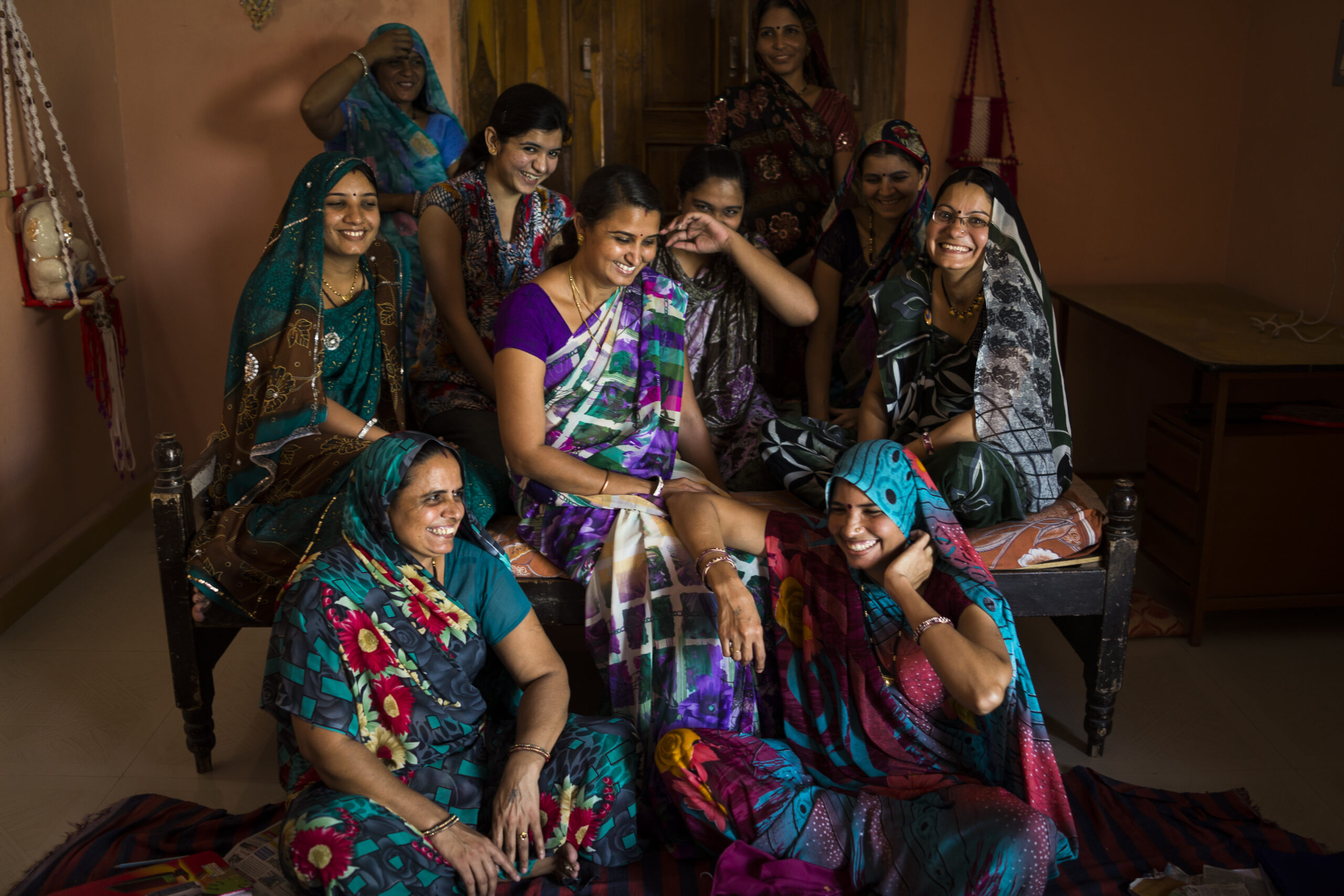
Stitching teacher Kavita Yadav (centre), 34, who is hired using the Fairtrade Premiums to teach women sewing, poses for a portrait with her students in Maheshwar, Khargone, Madhya Pradesh, India on 13 November 2014. Kavita travels to a different village every few weeks to conduct the stitching course that is free for women, as she is funded using the Fairtrade Premiums from Fairtrade cotton farmers. Photo by Suzanne Lee for Fairtrade. Good karma
Cola is a multi-billion dollar industry with 2 billion colas consumed every day. Yet cola nut workers see a negligible percentage of that money, if any. Since 2010, co-founder of Karma Drinks, Simon Coley, set out to right these wrongs in Boma, Sierra Leone, where Karma’s cola nuts are grown.
Coley recognised the workers needed “trade not aid”, so launched its Karma Cola Foundation, headed by Fairtrade pioneer Albert Tucker, returning one per cent of revenue to the growers, enabling workers to share in profit growth.
Karma Drinks marketing executive Bri Tither says gender equality is a valuable pillar of the business, with 60 per cent of the global team being female, and through its Foundation, it’s committed to building future female leaders.
“Our foundation in Sierra Leone has helped us educate 614 girls, build bridges, schools, community meeting spaces, provide bursaries for female academics, and fund female entrepreneurs to start their own businesses.
“There’s information that claims educating women has a significantly positive impact on the climate crisis – as you can imagine, we’re all about that.”
Tithers adds that the Foundation’s governance ensures funds intended for women’s projects end up in the right hands without third-party interference.
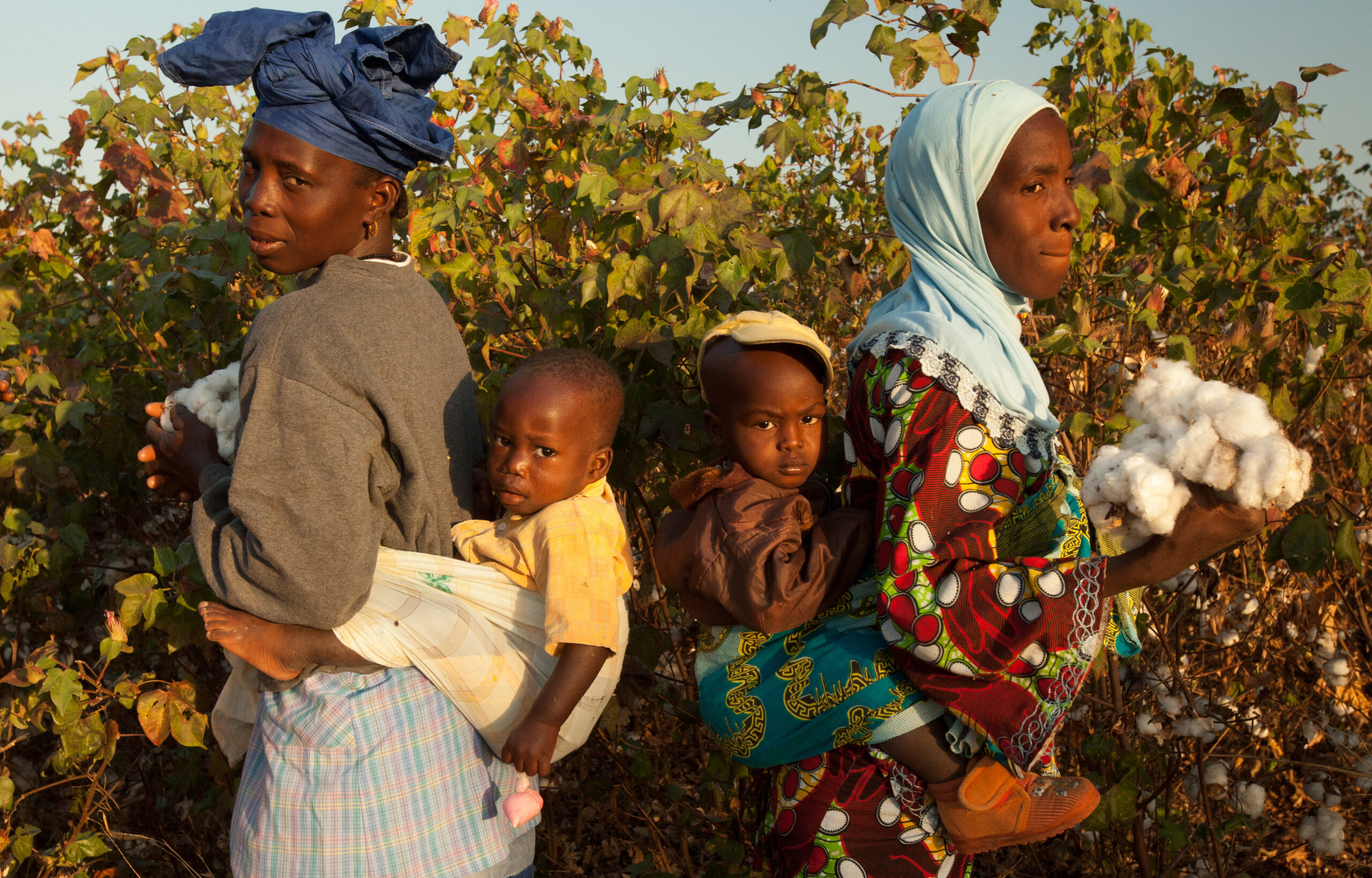
On top of the fairer price for their cotton, the Fairtrade premium is paid to the farmers’ groups to be used for social investments. Decisions on how the premium is spent are taken democratically by the whole group, and that must include women.Counting beans
Olivia Coote, Kōkako Coffee’s marketing manager, says when it comes to producing coffee beans women do the brunt of the work so should be seated at tables where decisions are made.
“We know from visiting our Papua New Guinea farmers that it’s something our industry desperately needs. We’re always looking for ways to connect with, engage with and empower the women working in coffee and, through Fairtrade, support their journeys to positions with more weight within their communities,” she says.
Coote describes a 2017 Fairtrade-initiated coffee producer education summit in Papua New Guinea where the Kōkako team presented a business opportunity that uses coffee cherries (which encase coffee beans) and meeting local woman, Debbrah Yassah afterwards.
“Cascara is a tea made from dried coffee cherries, a harvest by-product [normally] composted or left to rot. We gave Debbrah brew guides and methodologies for harvesting and solar-drying coffee cherries to make cascara. She engaged the women farmers from the Sikilan Village of the Neknasi Coffee Cooperative in Morobe Province, Papua New Guinea to start putting it into practice.”
Coote says their cascara provides a second line of income for these women and is now used to brew kombucha in a world-first collaboration with Kiwi kombucha company Batchwell.
“Without them and Debbrah’s entrepreneurial tenacity this project would never have happened. Thanks to Fairtrade, we presented an idea, and committed to buying the first harvest to give them security, but it was the women’s buy-in that got the product off the ground – literally!”
Tithers adds that every business could learn from Kōkako Coffee’s and Karma Drinks’ success partnering with Fairtrade.
“We’re proving to the world that products as commercial as soft drinks and coffee can be a mechanism for good.”


